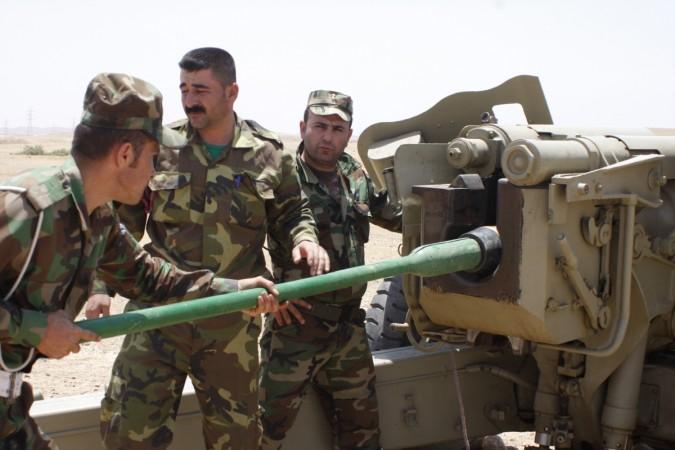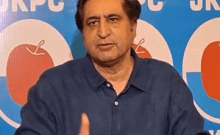
Backed by none other than the powerful United States, Kurdish forces in Iraq have been able to reclaim several towns and dams lost to the Islamic State militants over the last few weeks; bringing to the fore their long-standing dream of establishing an independent state of Kurdistan.
After being persecuted for decades by former Iraqi dictator Saddam Hussain till his fall in 2003, the Kurds were able to once again gain a stronghold in the region over the last decade, and have set up a semi-autonomous region in Iraq run by their own regional government and defended by the mighty Peshmerga forces.
Now, as the Iraq crisis has weakened the state, the dream of independence may seem even more enticing. But this may not be the right time to break away from Iraq, given the potent threat the region faces from the increasingly heinous militants and the chance of being part of a new united government.
When the Islamic State, formerly known as the Islamic State of Iraq and Syria (ISIS), began their invasion into Iraq a few months ago to topple the Shiite government, reports suggested that it would benefit the Kurds, as the Iraqi Army was being pushed to the wall.
In fact, after the army's withdrawal, the peshmerga fighters seized most of Kirkuk, an oil-rich province contested by Kurds, Arabs, Turkmens and Assyrians, as reported by TIME.
However, the militants went on to drive the peshmerga forces out of their own towns, thus showing that they pose a threat to the region as a whole.
Subsequent international support to the Kurds had again brightened the prospect of them breaking away from the Iraqi government, which is also undergoing an upheaval after Prime Minister Nouri al-Maliki decided to step down.
The peshmerga forces have been consistently strengthened over the last few weeks after the United States sent in aid and trainers, and the British government also decided to equip the Kurds. Now, Italy has decided to arm the Kurds with anti-tank weapons, joining other international governments to ready the Kurds to take on the IS.
However, the Kurds will have to face stiff regional tension if they break away on the strength of international aid, as the neighbouring nations of Turkey and Iran are watching the foreign support to the Kurdish forces with disdain.
In fact, the Iranian government was prompted to tell the United States that it should support the whole of Iraq and not just the Kurdish region, as reported by the regional media BasNews.
"Only when IS attacks crept near Erbil did the US became active and attack IS militants, but the US should help the Iraqi Army as well and implement the strategic agreement they have with Baghdad. The US shouldn't treat the regions differently, as in giving weapons to one area but not the other", Iran's Deputy Foreign Minister or arab and African Affairs Hossein Amir Abdollahian was quoted as saying.
The TIME report suggested that the Kurds have much to gain if they remain a part of Iraq, touted as one of the most oil-rich countries in the world. What the report says is that while the Kurdish Regional Government (KRG) is threatening to break away, it may actually be hoping to gain favour with the new government to operate as a federal Iraqi region. It is another story that the United States has been pushing for a new government to unite all Iraqis, including Kurds.
The US vision may be coming true, with BasNews reporting that the Kurds have been given five top ministry positions in the new government in Baghdad, though the KRG may have to negotiate on several issues, such as oil and the constitutional rights to the autonomous region.
Kurdistan Region President Massoud Barzani himself has said that the new government would be the last chance for a united Iraq.
Given these prospects, and in the face of imminent danger from the Islamic State militants, the Kurds may not push for independence any time soon.

















